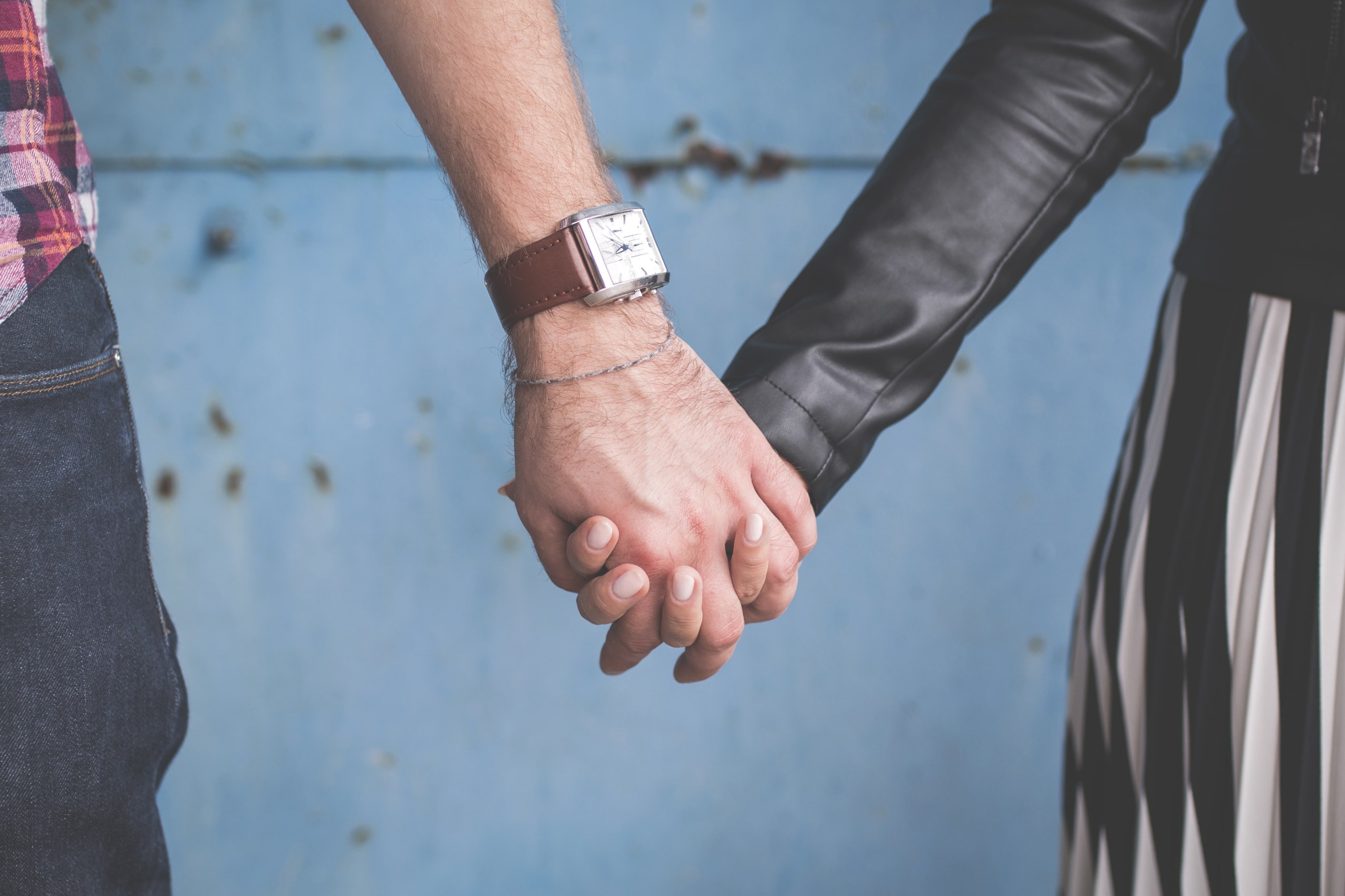A few considerations for those who have typically been monogamous.
 Photo by freestocks.org on Unsplash
Photo by freestocks.org on Unsplash
The question of whether or not polyamorous people and monogamous ones can find common dating ground is a big one. If you happen to be single and looking, it?s not uncommon to run into potential partners who turn out to be decidedly not single.
You might consider yourself monogamous, but find yourself attracted to somebody who identifies as poly, and now you?re wondering if you should actually date them.
I?ve got a few suggestions for you.
First, make sure their story adds up.
You can save yourself a whole lot of heartache to find out whether or not this person is actually in an open relationship. Ethical non-monogamy requires all parties to be aware of the situation at hand.
The last thing you want to do is get involved with the drama of cheating and lying spouses.
You can?t always do all of your research online, because not every poly couple is “out” to their family or employers, etc. They may fear judgment, discrimination, or worse. Our monogamous-centric culture has made it hard for many families to go public.
The best thing you can do is meet their spouse and ask plenty of questions about what an open marriage means to them.
Meeting their partner sooner rather than later is also a good way to sniff out drama or resentment among partners who aren?t really too keen on the arrangement afterall.
Make sure that you?re ready to tackle your own jealousy and insecurities.
There are a lot of things that a traditionally mono person can learn from being in a relationship with somebody who is poly.
I look at non-monogamy and monogamy as a spectrum where either type of relationship can become unhealthy. Monogamy has often led to unhealthy fixations on a single person along with the desire to control the person we think we love. On the flipside, some folks use non-monogamy as a crutch to avoid real emotional intimacy.
If you happen to be mono, but you want to date somebody who?s poly, you are likely going to need to learn how to manage your emotions better. It?s not up to your partner to fulfill you or make you feel valuable. We don?t get our self-worth from being in a relationship. Our partner(s) should respect us, but they aren?t there to replace our need for inner work.
Many people feel that being in a relationship makes them feel more secureinthemselves, but that?s a slippery slope.
I recommend doing research on healthy non-atachment, and that you use More Than Two as a resource to help you manage this journey.
The married partner also has to do their share of work.
It is my belief that a poly person who decides to pursue a mono partner must come from a place of consideration and understanding. Things that might be obvious to them about ethical non-monogamy aren?t so obvious to a person who?s never experienced anything but monogamy.
Furthermore, it?s highly probable that the mono person has been wounded in the past by at least one cheating partner. It?s important that the poly parties are communicating and even educating the mono person about the ways ethical non-monogamy is nothing like cheating.
As in all relationships, poly partners should take care to not treat the mono person in a way that makes them feel used. They must invite the mono person into their lives much like you’d invite a new friend into your social circle. Too many inside jokes, for example, can make it feel like a challenge to enter the existing couple’s world.
Some poly people refuse to date people who identify as monogamous for a variety of reasons. They may not want to educate a partner about the ins and outs of poly because that can be a significant mental and emotional drain. They may also not want to risk getting involved with somebody who might decide that polyamory isn?t for them.
Taking on risk is a very personal decision.
Of course, all relationships take some acceptance of risk.
There is zero way to get around it. People change their minds within their relationships. They learn about themselves and change direction.
They might realize they want different things.
Every relationship carries some sort of inherent risk. But most of us believe it?s better to have loved and lost than to have never loved at all. We have to decide where to risk our hearts, but it makes sense that we pay attention to red flags early on to avoid unnecessary pain or danger.
I?ve been with poly partners, and I?ve also observed many poly friends. Any relationship carries the potential to be toxic if all parties are not committed to breaking the unhealthy cycles they?ve learned about love.
Most people have some sort of damage and trauma when it comes to love, but the more we do the inner work, the more we can overcome those things.
We all have the ability to be wounded in our relationships, but we have the same ability to be healed in them too.
Should you date someone in an open marriage?
That?s up to you, but it helps to keep in mind that just like dating someone who claims to be single, you’ve got to watch out for red flags and pay attention. Are they who they say they are?
Are you?
Healthy relationships require self-work and couple work. Whether that?s in the context of mono or poly connections, that is up to you.


